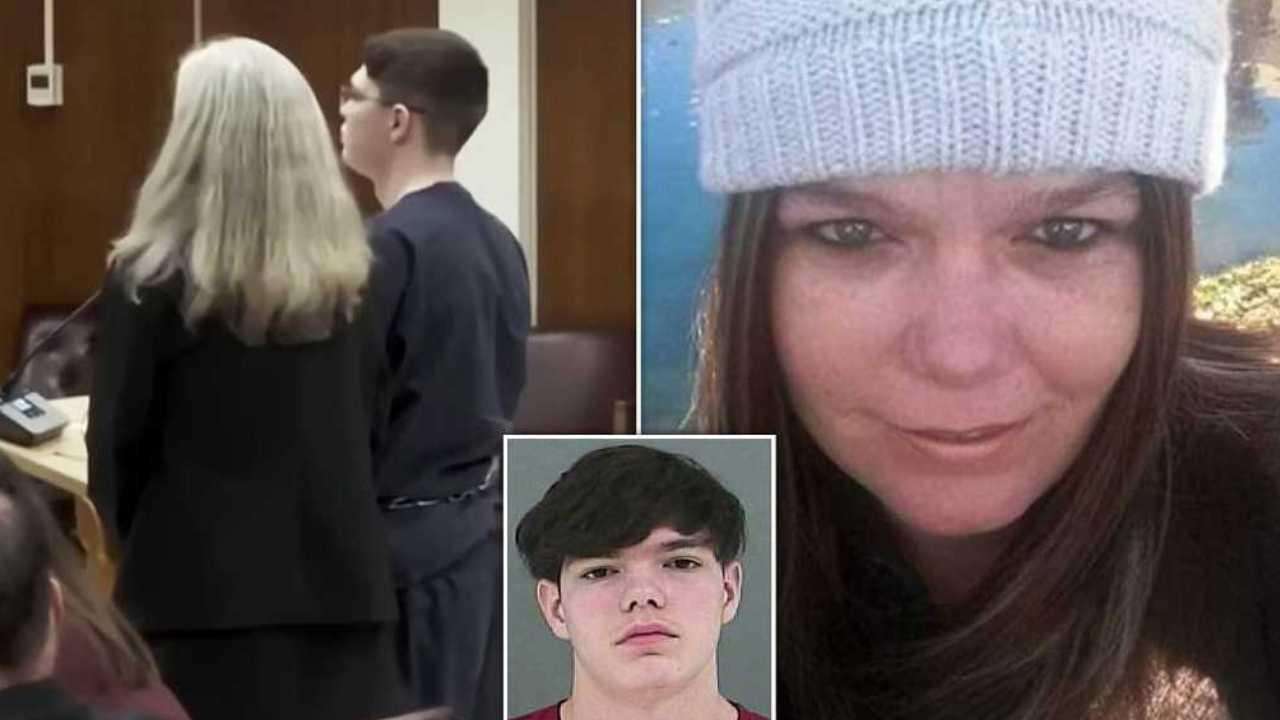[caption id="attachment_1478" align="alignright" width="1600"]
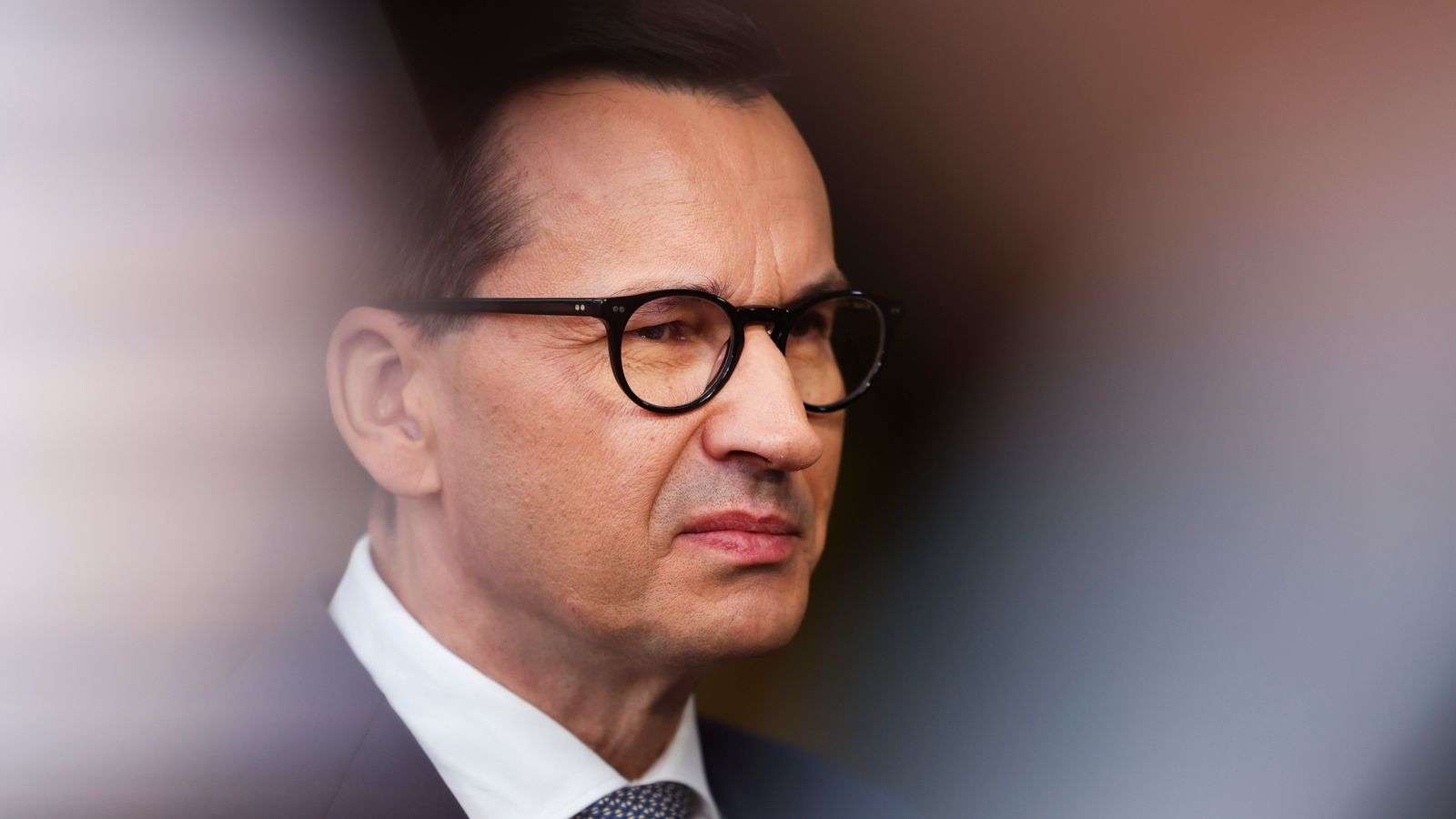 Poland's Prime Minister Mateusz Morawiecki announced the referendum question on social media on Sunday. Pic: AP
Poland's Prime Minister Mateusz Morawiecki announced the referendum question on social media on Sunday. Pic: AP[/caption]
A referendum on whether to admit "thousands of illegal immigrants from the Middle East and Africa" as part of a European Union relocation plan is something Poland's ruling party wants to put to the people.
Prime Minister Mateusz Morawiecki announced the referendum question in a video published on social media on Sunday.
It comes as his conservative Law and Justice party bids to stave off a challenge from the opposition in a parliamentary election in October and suggests it is seeking to use migration in its campaign - a tactic that helped it take power in 2015.
Poland hosts more than a million Ukrainian refugees, who are primarily white and Christian, but officials have long made clear that they consider Muslims and others from different cultures to be a threat to the nation's cultural identity and security.
EU interior ministers in June endorsed a plan to share out responsibility for migrants entering Europe without authorisation, the root of one of the bloc's longest-running political crises.
The Polish government wants to hold the referendum alongside the parliamentary election, scheduled for 15 October.
Mr Morawiecki said the question will say: "Do you support the admission of thousands of illegal immigrants from the Middle East and Africa under the forced relocation mechanism imposed by the European bureaucracy?"
The video announcing the question includes scenes of burning cars and other street violence in Western Europe. A black man licks a huge knife in apparent anticipation of committing a crime.
Party leader Jaroslaw Kaczynski then says: "Do you want this to happen in Poland as well? Do you want to cease being masters of your own country?"
Leaders have announced two other questions in recent days on privatising state-owned enterprises and support raising the retirement age.
The questions are presented in a way clearly intended to show opposition party Civic Platform as a threat to the interests of Poles.
The pro-EU party, which governed from 2007 to 2015, raised the retirement age during its time in power and signalled a willingness to accept a few thousand refugees before it lost power.
Poland became frontline state two years ago
Europe's asylum system has been under scrutiny after over a million people entered the bloc - most of them fleeing conflict in Syria - and overwhelming reception capacities in Greece and Italy.
The 27 EU nations have bickered ever since over which countries should take responsibility for people arriving without authorisation.
Initially Poland was neither an entry country nor a destination country for migrants and refugees.
It became a frontline state two years ago when migrants began crossing from Belarus, something European authorities view as an effort by the Russian ally to generate turmoil in Poland and other European countries.
Poland responded by building a large wall on its border. It has recently increased its military presence on the border, fearing an increase in migration and other possible instability.
 Poland's Prime Minister Mateusz Morawiecki announced the referendum question on social media on Sunday. Pic: AP[/caption]
A referendum on whether to admit "thousands of illegal immigrants from the Middle East and Africa" as part of a European Union relocation plan is something Poland's ruling party wants to put to the people.
Prime Minister Mateusz Morawiecki announced the referendum question in a video published on social media on Sunday.
It comes as his conservative Law and Justice party bids to stave off a challenge from the opposition in a parliamentary election in October and suggests it is seeking to use migration in its campaign - a tactic that helped it take power in 2015.
Poland hosts more than a million Ukrainian refugees, who are primarily white and Christian, but officials have long made clear that they consider Muslims and others from different cultures to be a threat to the nation's cultural identity and security.
EU interior ministers in June endorsed a plan to share out responsibility for migrants entering Europe without authorisation, the root of one of the bloc's longest-running political crises.
The Polish government wants to hold the referendum alongside the parliamentary election, scheduled for 15 October.
Mr Morawiecki said the question will say: "Do you support the admission of thousands of illegal immigrants from the Middle East and Africa under the forced relocation mechanism imposed by the European bureaucracy?"
The video announcing the question includes scenes of burning cars and other street violence in Western Europe. A black man licks a huge knife in apparent anticipation of committing a crime.
Party leader Jaroslaw Kaczynski then says: "Do you want this to happen in Poland as well? Do you want to cease being masters of your own country?"
Leaders have announced two other questions in recent days on privatising state-owned enterprises and support raising the retirement age.
The questions are presented in a way clearly intended to show opposition party Civic Platform as a threat to the interests of Poles.
The pro-EU party, which governed from 2007 to 2015, raised the retirement age during its time in power and signalled a willingness to accept a few thousand refugees before it lost power.
Poland became frontline state two years ago
Europe's asylum system has been under scrutiny after over a million people entered the bloc - most of them fleeing conflict in Syria - and overwhelming reception capacities in Greece and Italy.
The 27 EU nations have bickered ever since over which countries should take responsibility for people arriving without authorisation.
Initially Poland was neither an entry country nor a destination country for migrants and refugees.
It became a frontline state two years ago when migrants began crossing from Belarus, something European authorities view as an effort by the Russian ally to generate turmoil in Poland and other European countries.
Poland responded by building a large wall on its border. It has recently increased its military presence on the border, fearing an increase in migration and other possible instability.
Poland's Prime Minister Mateusz Morawiecki announced the referendum question on social media on Sunday. Pic: AP[/caption]
A referendum on whether to admit "thousands of illegal immigrants from the Middle East and Africa" as part of a European Union relocation plan is something Poland's ruling party wants to put to the people.
Prime Minister Mateusz Morawiecki announced the referendum question in a video published on social media on Sunday.
It comes as his conservative Law and Justice party bids to stave off a challenge from the opposition in a parliamentary election in October and suggests it is seeking to use migration in its campaign - a tactic that helped it take power in 2015.
Poland hosts more than a million Ukrainian refugees, who are primarily white and Christian, but officials have long made clear that they consider Muslims and others from different cultures to be a threat to the nation's cultural identity and security.
EU interior ministers in June endorsed a plan to share out responsibility for migrants entering Europe without authorisation, the root of one of the bloc's longest-running political crises.
The Polish government wants to hold the referendum alongside the parliamentary election, scheduled for 15 October.
Mr Morawiecki said the question will say: "Do you support the admission of thousands of illegal immigrants from the Middle East and Africa under the forced relocation mechanism imposed by the European bureaucracy?"
The video announcing the question includes scenes of burning cars and other street violence in Western Europe. A black man licks a huge knife in apparent anticipation of committing a crime.
Party leader Jaroslaw Kaczynski then says: "Do you want this to happen in Poland as well? Do you want to cease being masters of your own country?"
Leaders have announced two other questions in recent days on privatising state-owned enterprises and support raising the retirement age.
The questions are presented in a way clearly intended to show opposition party Civic Platform as a threat to the interests of Poles.
The pro-EU party, which governed from 2007 to 2015, raised the retirement age during its time in power and signalled a willingness to accept a few thousand refugees before it lost power.
Poland became frontline state two years ago
Europe's asylum system has been under scrutiny after over a million people entered the bloc - most of them fleeing conflict in Syria - and overwhelming reception capacities in Greece and Italy.
The 27 EU nations have bickered ever since over which countries should take responsibility for people arriving without authorisation.
Initially Poland was neither an entry country nor a destination country for migrants and refugees.
It became a frontline state two years ago when migrants began crossing from Belarus, something European authorities view as an effort by the Russian ally to generate turmoil in Poland and other European countries.
Poland responded by building a large wall on its border. It has recently increased its military presence on the border, fearing an increase in migration and other possible instability.
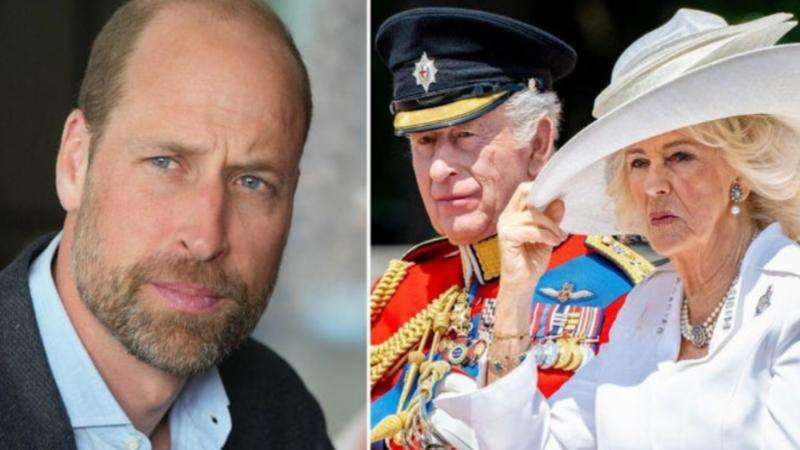
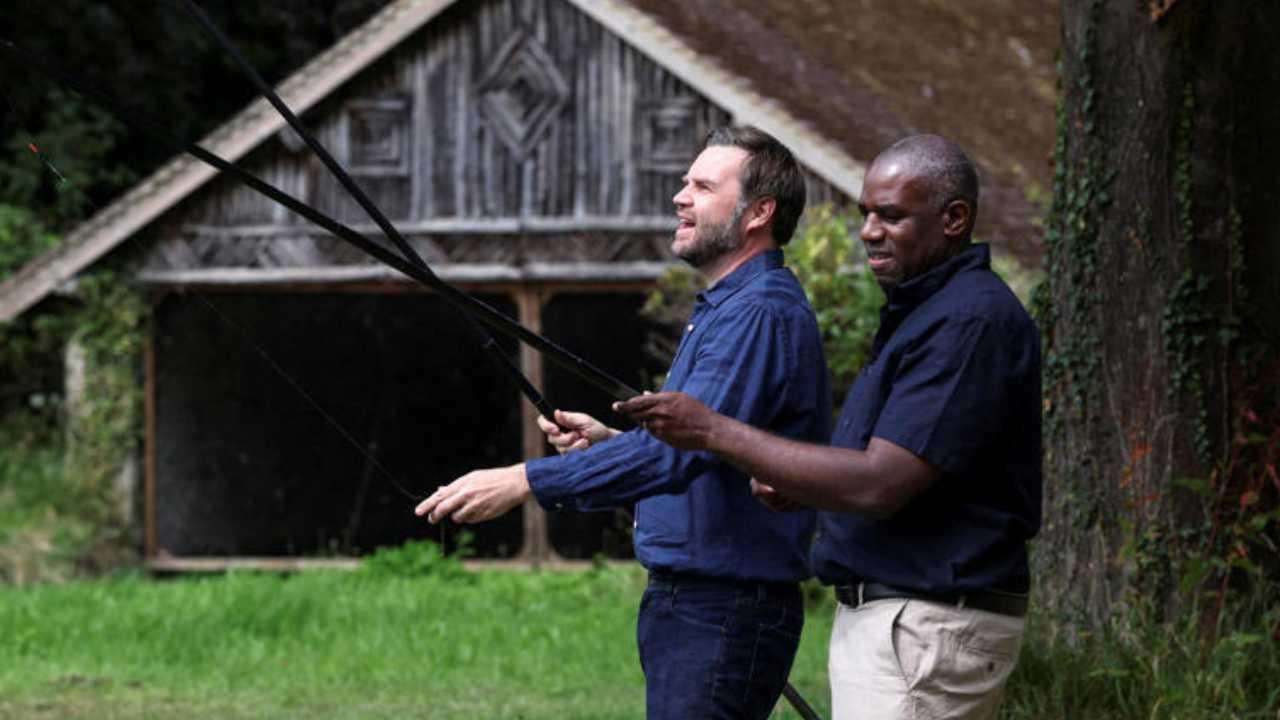
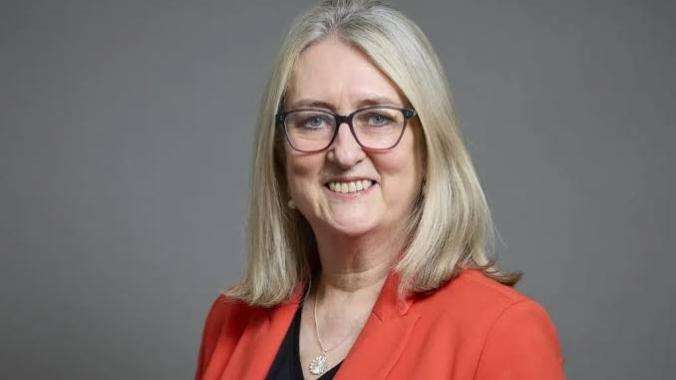
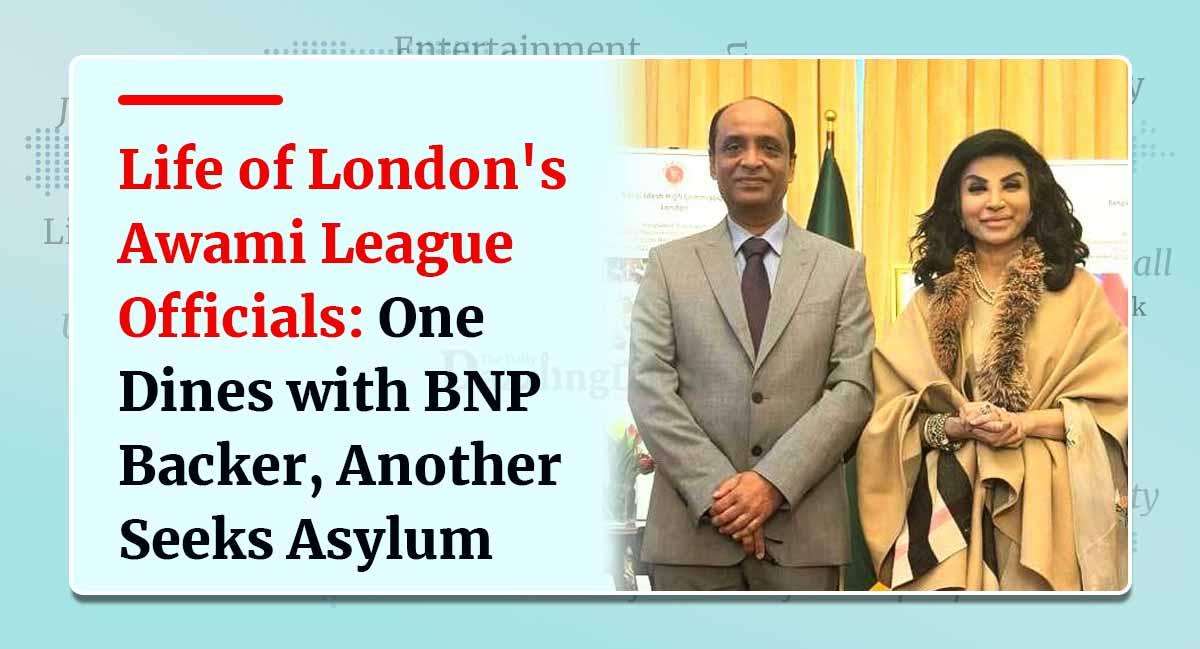



.svg)

